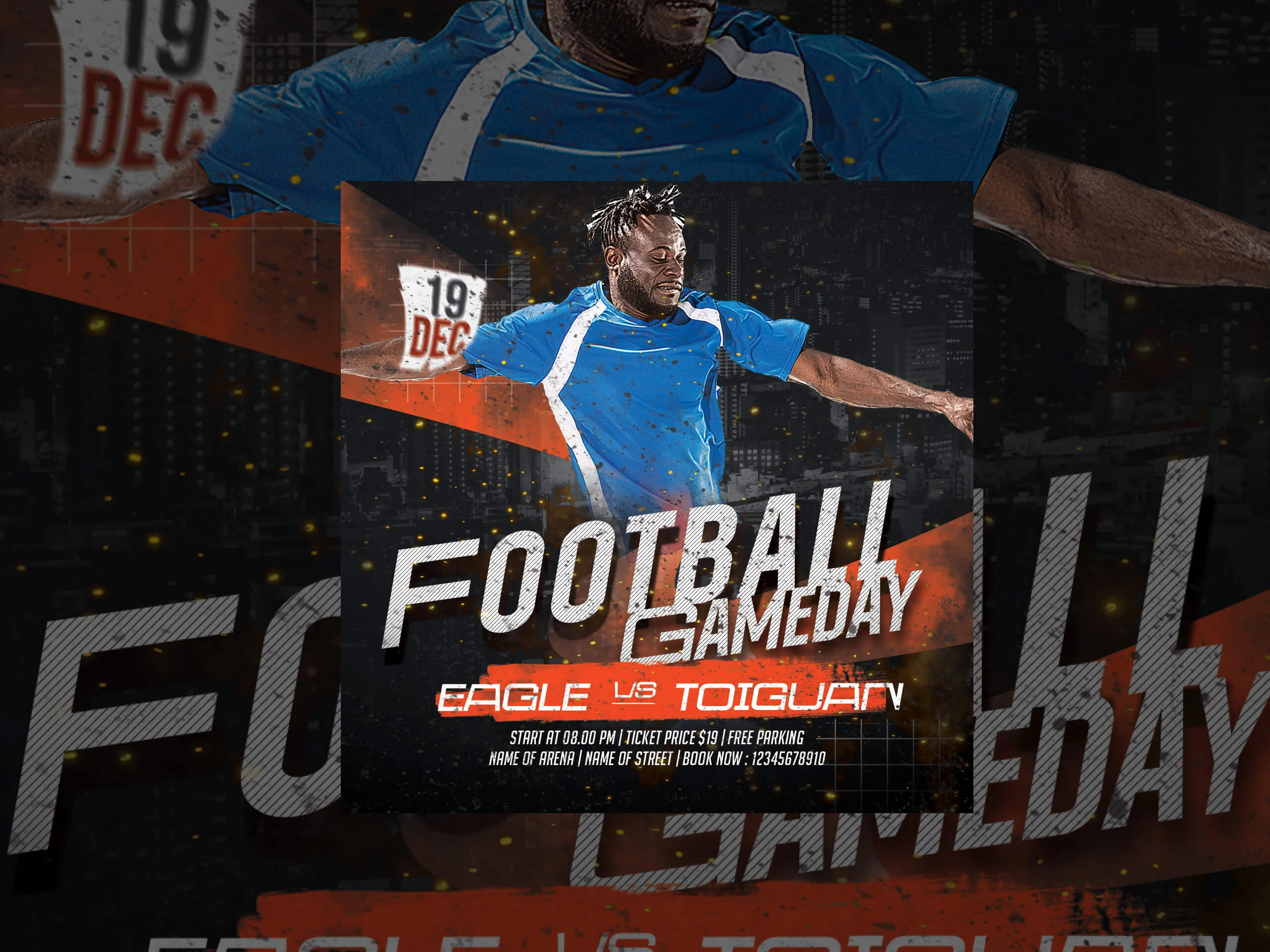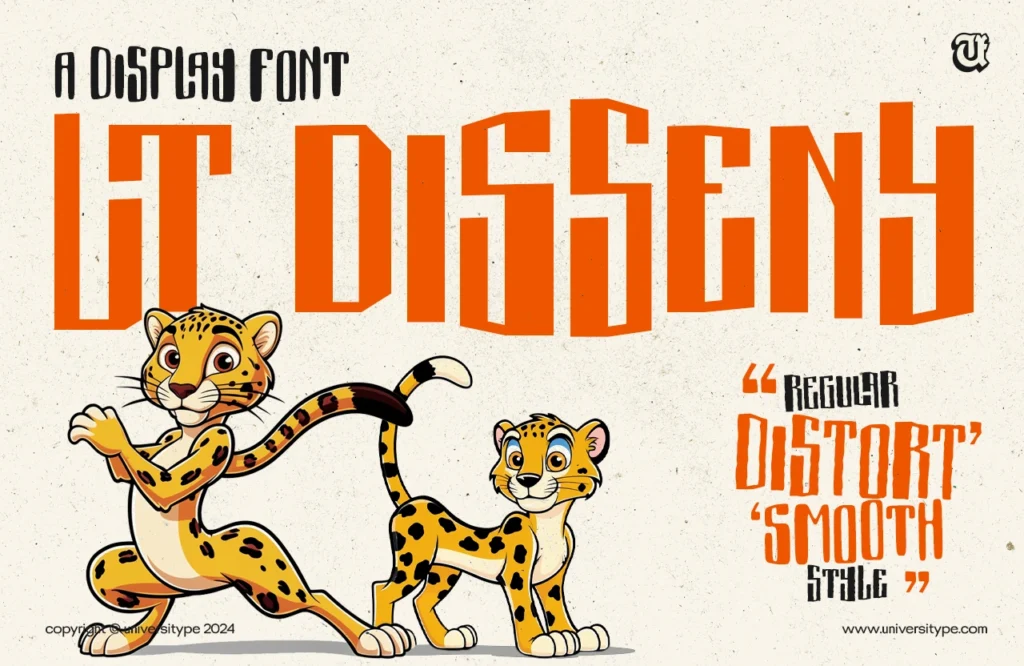Much like a finely tuned instrument, what defines an athlete’s brand identity? How can sports branding elevate this identity?
Innovative approaches are reimagining athletes as multi-dimensional icons that transcend traditional sports boundaries, encapsulating values, narratives, and lifestyle aspirations.
Understanding Athlete Identity
What lies at the core of an athlete’s identity within the realm of sports branding?
At its foundation, athlete identity encompasses individual values, personal narratives, and lifestyle elements that resonate widely. This identity is meticulously crafted.
In the landscape of modern sports, an athlete’s public persona extends beyond their athletic prowess, encompassing their role as influencers, philanthropists, and entrepreneurs.
Exemplifying resilience, leadership, and dynamism, athletes today forge connections that transcend their sport, reaching audiences through numerous platforms and media.
Innovative sports branding shapes these multifaceted identities, cultivating authenticity and engagement.
The Evolution of Sports Branding
In the early days, sports branding was simpler, focusing on team mascots and uniform designs, with minimal emphasis on individual rebranding and sports merchandise, marking a key moment in the history of sports marketing.
Today, it has transformed into a sophisticated industry blending technology, creativity, and marketing prowess, aiming to establish deeper emotional connections with fans. Modern sports branding strategies leverage multimedia platforms and social media, allowing for unprecedented engagement and broader reach.
Historically, branding efforts centered around team identity and sponsorships. Now, the narrative has shifted, spotlighting individual athletes and their personal stories, creating a more intimate fan experience.
This evolution underscores the power of storytelling in sports branding, where authentic narratives resonate deeply with global audiences, fostering loyalty and inspiring the next generation. By embracing innovation and adaptability, sports branding continues to redefine the athlete identity while captivating the hearts and minds of fans worldwide.
Personal Branding for Athletes
Personal branding is gaining significant traction today.
Exceptional athletes know they offer more than raw talent; they understand the importance of connecting with their target audience. They craft narratives that resonate with fans, aligning their personal experiences with professional endeavors, yielding an indelible connection. Consequently, social media serves as an essential vehicle for athletes to disseminate their brand effectively.
Athletes must strategically curate their personas.
Their brand should evolve holistically – not only through tradition and peak performance but also via authentic interaction off the field – to build a multidimensional, relatable legacy.
This powerful approach helps create marketable personas that extend beyond the playing arena, enabling athletes to cultivate profitable endorsements, collaborative business ventures, and a more lasting influence in the sports landscape.
Key Elements of Athlete Branding
Athlete branding transcends traditional sports marketing.
Fundamentally, it encapsulates the athlete’s unique persona, encompassing their values, personal experiences, and professional achievements. A well-defined brand bridges the emotional connection between the athlete and their audience, fostering loyalty and enhancing visibility.
Authenticity is paramount in shaping a memorable athlete brand.
Fans crave genuine interactions, appreciating athletes who exhibit transparency and relatability. Thus, an athlete’s narrative must be truthful and consistent, reflecting both triumphs and challenges, to create a compelling and marketable image.
Additionally, visual identity is a critical component.
Including logos, color schemes, and signature styles, visual elements must align with the athlete’s personal and professional persona. This consistency fortifies brand recognition, giving fans identifiable symbols to rally behind and celebrate.
Visual Identity in Sports
The visual identity in sports transcends mere aesthetics, encapsulating the essence of brand recognition and athlete uniqueness.
Visuals have the power to create an indelible impression.
Logos, color schemes, and signature styles serve as the cornerstone of sports branding, creating a visual shorthand that speaks volumes about the athlete’s persona, values, and journey.
The consistent use of these visual elements not only strengthens brand recognition but also ensures an emotional connection with the audience. Fans and followers within the target audience readily identify with these symbols, such as a recognizable logo, fostering loyalty and community around the athlete’s journey and achievements.
Digital Presence for Athletes
In today’s digital age, athletes have an unprecedented opportunity to build robust, impactful online identities.
A strategic, well-maintained digital presence is a quintessential pillar of modern sports branding, providing athletes with the tools to engage with a global audience, endorse causes, and cultivate personal relationships with fans. By leveraging social media platforms, personal websites, and multimedia content, athletes can share their narratives authentically, resonating on a personal level with millions.
Furthermore, crafting a professional digital footprint facilitates sponsorship opportunities. Brands seek athletes who can convincingly align with their values and ethos, and an engaging online persona often serves as a testament to the athlete’s marketability and influence.
Ultimately, in the sports branding landscape, an athlete’s digital presence can significantly augment their professional trajectory, opening doors to partnerships, endorsements, and philanthropic endeavors. By strategically harnessing digital tools and platforms, athletes can not only command their brand image but also inspire, influence, and engage with a continually expanding audience network.
Leveraging Social Media
The advent of social media has revolutionized sports branding, offering unprecedented reach and engagement. Athletes today can harness the power of these platforms to build and amplify their personal brands.
Major platforms like Instagram, Twitter, and TikTok have unparalleled reach to diverse audiences. By consistently sharing content that reflects their authentic selves, athletes foster deeper connections with fans.
Effective social media strategies can also drive fan engagement, bolstering an athlete’s visibility and marketability. Engaging storytelling via posts, videos, and live streams showcases their personality and values, transcending the sport itself.
When athletes authentically engage with their audience, they not only bolster their personal brand but also create a community of loyal supporters. This community becomes a powerful asset, driving engagement and providing a strong foundation for future endeavors, whether in sports, business, or social causes.
Building a Unique Athlete Brand
Establishing a distinct athlete brand requires a strategic approach, leveraging authenticity and the spectrum of personal values.
Since 2016, personalized branding, a modern marketing approach emphasizing individuality, has completely reshaped how athletes can elevate their public personas and engage meaningfully with different demographic segments.
Today, it’s more critical than ever for athletes to think beyond their performance on the field and recognize the brand-building significance of their interests, advocacies, lifestyle, and tradition, establishing connections that resonate on a profound level.
Crafting a holistic brand narrative means focusing on a compelling story that isn’t solely about their sport, perhaps highlighting their involvement in sports merchandise initiatives. By blending elements such as passion projects, off-field interests, social contributions, and personal anecdotes, athletes can achieve a captivating, multidimensional identity.
Fashioning an effective athlete brand also involves consistency, transparency, and originality in their communication strategies, including strategic merchandising efforts, ultimately fortifying their bond with followers.
Case Studies: Successful Athlete Brands
LeBron James exemplifies successful sports branding, a fusion of extraordinary talent, social advocacy, and business acumen. His brand transcends basketball, incorporating a robust portfolio of ventures, from media production to educational initiatives, all contributing to his global influence.
Similarly, Serena Williams has crafted an exceptional brand, widely recognized for her “unstoppable force.” Beyond her tennis prowess, she is a stalwart for gender equality and entrepreneurship. From launching her fashion line to advocating for diverse representation, Serena’s brand is a beacon of empowerment and resilience.
LeBron James
Unquestionably, LeBron James has revolutionized athlete branding—transcending sports to become an iconic symbol of influence and innovation.
LeBron James founded the LeBron James Family Foundation, impacting education for countless children in need.
Beyond his unparalleled basketball prowess, LeBron has ventured into media, film production, and business, consistently broadening his brand’s influence and reach. His commitment to social justice initiatives underscores his role as a powerful advocate and leader.
LeBron’s adept integration of athletic excellence, entrepreneurial ventures, and philanthropic efforts encapsulates the essence of modern sports branding, setting an inspiring benchmark for future athletes.
Serena Williams
Serena Williams exemplifies a perfect synergy of athletic dominance and powerful personal branding.
- Tennis Phenomenon: Serena’s record-breaking career is marked by 23 Grand Slam singles titles.
- Fashion Entrepreneur: Launched her own fashion line, SERENA, promoting inclusivity and empowerment.
- Venture Capitalist: Founded Serena Ventures, investing in diverse and innovative startups.
- Advocate for Equality: Championed gender equality and worked to enhance diversity in sports and business.
Her ventures extend seamlessly beyond sports, marking her as a multi-faceted innovator.
Serena’s journey from tennis courts to boardrooms sets a promising paradigm for modern athletes.
The Role of Sponsorships
The importance of sponsorships in sports branding cannot be understated.
Strategic sponsorships offer an influential platform for athletes to elevate their brand exposure, reinforcing the symbiotic relationship between brands and sports figures. These partnerships not only provide financial support but significantly enhance the athlete’s public persona, making them household names.
Sponsorships empower athletes to engage with a broader audience. By associating with reputable brands, athletes can leverage opportunities that transcend the sports arena, ensuring sustained relevance and impact across various media channels.
Ultimately, sponsorships are vital in enabling athletes to articulate and amplify their personal narratives. This collaboration fosters mutual growth, as brands benefit from the athlete’s popularity, while athletes gain valuable resources and visibility, facilitating long-term branding success.
Branding Strategies in Different Sports
Each sport demands unique branding approaches.
In team sports like soccer and basketball, the brand focuses on club identity. This involves unifying team colors, logos, and slogans to foster a strong collective spirit among fans. Conversely, branding in individual sports, such as tennis or golf, places emphasis on the athlete’s personality and personal achievements.
Formula One offers an innovative model.
In motorsport, branding integrates the dynamic blend of car design and driver persona, where the driver’s branding is synonymous with their racing team. This creates a unique brand synergy that appeals to both technical aficionados and broader audiences.
Finally, in emerging sports like esports, branding taps into digital platforms and interactive communities. The strategy here prioritizes online engagement and content creation, enabling athletes to resonate with a tech-savvy, youthful demographic. These diverse approaches illustrate the limitless potential of tailored sports branding.
Challenges in Athlete Branding
Athlete branding faces numerous hurdles, ranging from maintaining authenticity to balancing personal and professional personas.
These complexities demand diligent strategy and consistent effort.
Athletes must navigate public expectations while staying true to their individual values.
Furthermore, social media can amplify both positive and negative aspects of their brand.
Securing sponsorships without compromising integrity presents an additional challenge, requiring a delicate balance of partnerships that align with their core identity.
Ultimately, the path to successful athlete branding is fraught with obstacles. However, with strategic planning and resilience, these barriers can be transformed into stepping stones toward a powerful and impactful brand.
Future Trends in Sports Branding
Technology shapes dynamic athlete experiences. Emerging trends illustrate this shift vividly. The rapid evolution of virtual and augmented reality is reshaping how fans interact with their idols, offering an immersive experience that transcends traditional viewing. Additionally, blockchain is set to revolutionize sports memorabilia, ensuring authenticity and rarity.
Personalization refines athlete engagement. Custom content tailored to fan preferences creates deeper connections.
Sustainability becomes a cornerstone of branding. Athletes endorsing eco-friendly initiatives reflect growing environmental awareness.
Moreover, the integration of artificial intelligence in predictive marketing strategies will astutely target fan engagement, fostering unprecedented levels of audience loyalty. Data-driven insights enable real-time customization, making each fan’s experience unique and significantly enhancing brand allegiance. The convergence of innovative technologies and personalized approaches heralds a transformative era in sports branding.
How to Start Your Athlete Branding Journey
Are you an athlete looking to carve a distinct identity in the vast landscape of sports branding?
Since 2020, athletes worldwide, from emerging amateurs to seasoned professionals, have embraced innovative branding to amplify their narratives, connect with their audience, and differentiate themselves.
First, hone in on your unique story. Reflect on your journey, your passions beyond sports, and the values that resonate most with you.
Next, establish a robust online presence. A dynamic website, active social media profiles, and consistent multimedia content can set you apart and showcase your authenticity.
Finally, engage with your audience genuinely. Foster relationships by sharing behind-the-scenes moments, interacting regularly, and soliciting feedback to build a loyal community.















